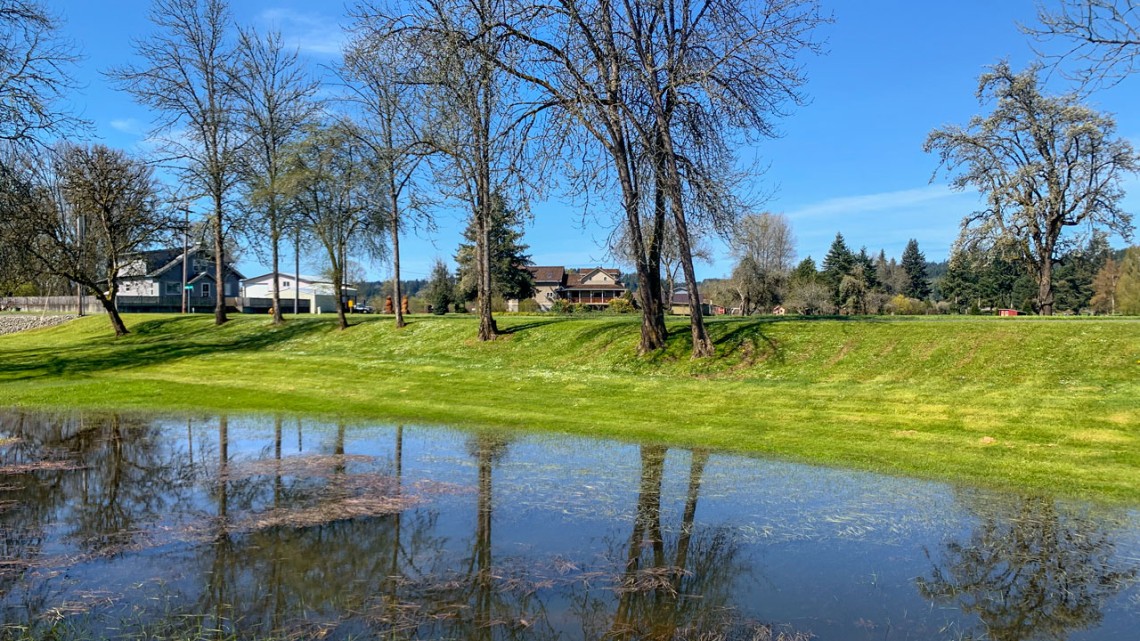
As climate change threatens residential areas, a longtime federal home buyout program – designed to eliminate risk to people and property – has become bureaucratically inaccessible and inequitable, according to researchers at Cornell University.
To offer solutions, the researchers compared federal home buyout policies with regional and state programs, demonstrating that coordinating local strategies at the federal level may make these buyouts more equitable and effective.
The work published in the journal Climatic Change.
“We have a major challenge with a spatial mismatch between where people currently live and where it is safe for people to live,” said Linda Shi, assistant professor in the Department of City and Regional Planning at Cornell University. “How do we respond to that kind of a challenge?”
The Federal Emergency Management Agency, or FEMA, runs the Hazard Mitigation Grant Program (HMGP), which accounts for 70% of federally funded home buyouts. It’s bought more than 43,000 homes since 1989, usually after a presidential disaster declaration. The buyouts aim to reduce flood insurance liability and turn the property into green space.
HMGP procedures favor single-family homeowners, nuclear households, those with a clear mortgage, U.S. citizenship and the ability to endure a burdensome process, according to the paper. Households with upside-down mortgages – where home loan debt exceeds the pre-disaster market value – are ineligible for a buyout, as such a payment would not resolve the debt.
The researchers examined five different jurisdictions in New Jersey, Texas, Washington and North Carolina, which offer insight into how buyouts can be more effectively implemented.
“There are many things that sub-national programs have done that the national program could learn from in terms of expanding access to this program,” Shi said. “This includes making it easier to join and participate, expanding access, reducing wait times, making it more transparent and having peer counselors who can walk homeowners through a complicated and emotional process.”
The biggest takeaway is that communities need dedicated, long-standing programs to make the buyout process more equitable and responsive, Shi said.
“Communities that start afresh after a disaster don’t have the time or capacity to be as thoughtful and inclusive,” she said. “FEMA can help communities not just by giving more money for implementation, but also building institutions at state and regional levels.”
This work was supported by the Cornell Atkinson Center for Sustainability and the Nature Conservancy.


